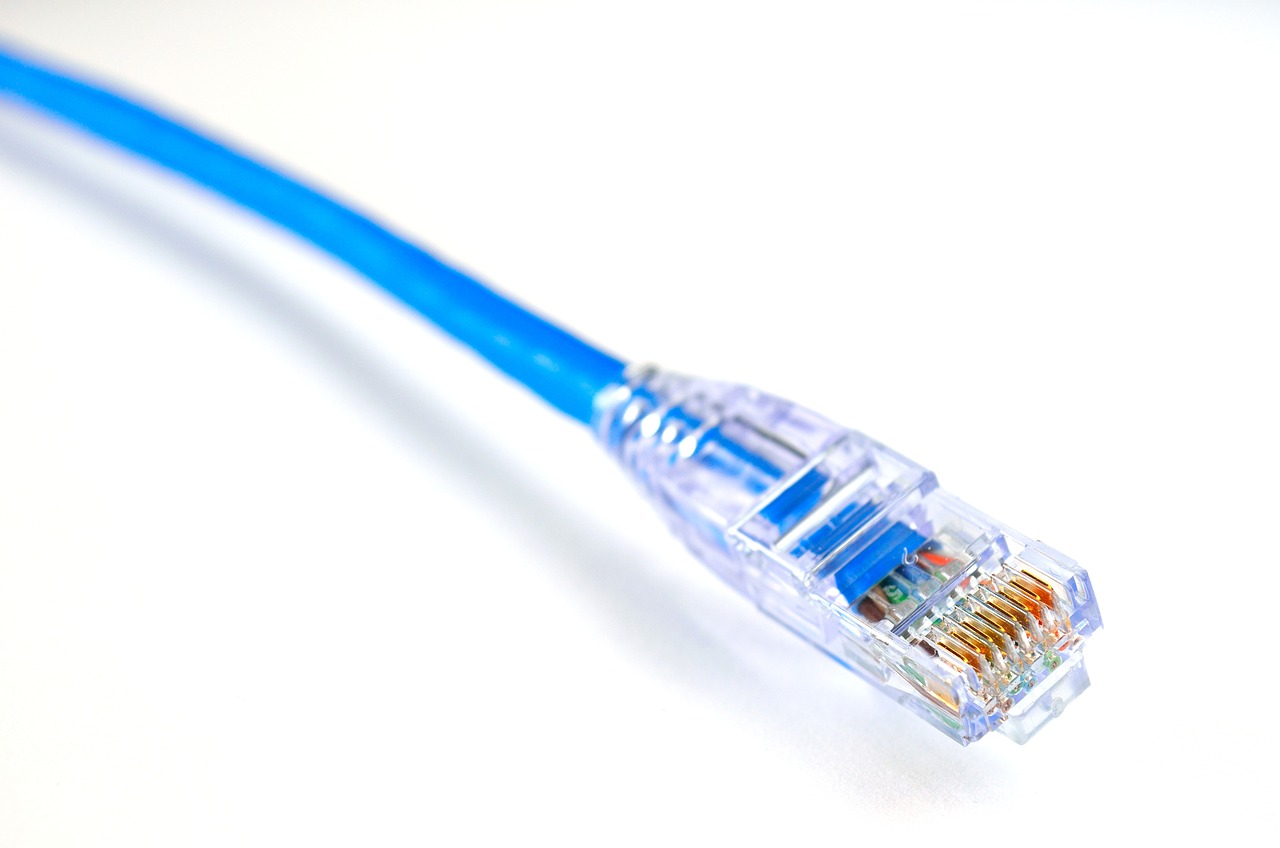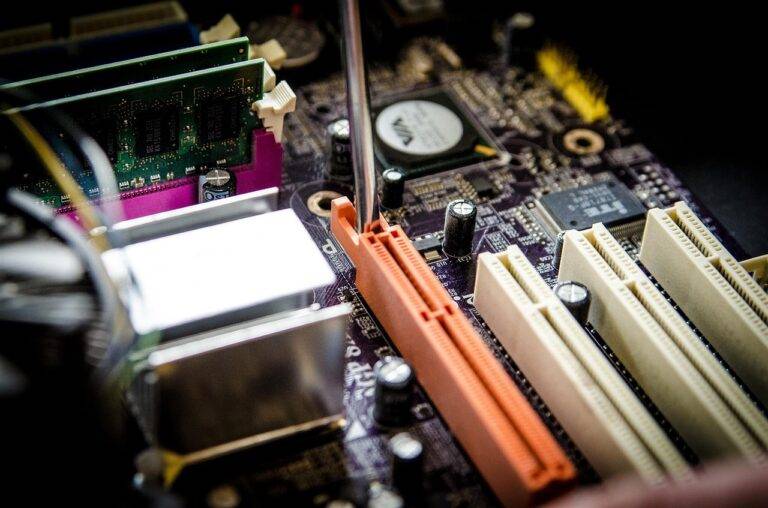Tech Innovations in Agriculture
In recent years, the agricultural industry has seen a significant transformation with the integration of artificial intelligence technologies. AI is revolutionizing farming practices by providing farmers with valuable insights and data-driven solutions to optimize crop yield and enhance overall efficiency. Through the use of AI-powered tools and algorithms, farmers can make informed decisions on irrigation, pest control, and crop management, leading to improved productivity and sustainability.
One of the key advantages of implementing AI in farming is its ability to analyze vast amounts of data in real-time, allowing for proactive decision-making and predictive modeling. By harnessing AI technology, farmers can monitor crop growth, soil health, and weather patterns with greater precision and accuracy. This data-driven approach enables farmers to adapt to changing environmental conditions, reduce operational costs, and minimize risks, ultimately leading to more sustainable and profitable farming practices.
Drones for Precision Agriculture
Drones have revolutionized precision agriculture by providing farmers with valuable insights into their fields. These unmanned aerial vehicles equipped with high-resolution cameras can capture detailed imagery of crops, soil conditions, and irrigation patterns. By analyzing this data, farmers can optimize their farming practices, detect crop diseases at an early stage, and make timely decisions to enhance crop yield.
Furthermore, drones can help farmers reduce costs and improve efficiency by enabling targeted application of fertilizers, pesticides, and water. By identifying areas of the field that require specific treatments, farmers can minimize waste and maximize the effectiveness of inputs. This targeted approach not only benefits the environment but also leads to higher productivity and profitability for farmers.
Blockchain in Agriculture Supply Chain
Blockchain technology has been increasingly recognized for its potential to revolutionize the agricultural supply chain. By providing a secure and transparent way to record transactions, blockchain can enhance traceability and reduce the risk of fraud in the agriculture sector. This decentralized ledger system allows stakeholders to track the journey of products from farm to table, ensuring authenticity and improving consumer trust.
Moreover, blockchain’s immutability and tamper-resistant nature make it an ideal solution for combating food fraud and optimizing logistics in the agricultural supply chain. By digitizing important data such as certifications, origin, and quality control measures, blockchain can streamline processes and facilitate faster and more efficient transactions between all parties involved. This innovative technology has the power to drive efficiency, accountability, and sustainability in the agriculture industry, ultimately benefiting both producers and consumers alike.
What is the role of artificial intelligence in farming?
Artificial intelligence in farming involves using technology to analyze data and optimize various processes in agriculture, such as crop monitoring, pest management, and yield prediction.
How are drones used in precision agriculture?
Drones are used in precision agriculture to collect data on crop health, soil conditions, and field mapping. This data helps farmers make informed decisions and optimize their farming practices.
What is blockchain and how is it used in the agriculture supply chain?
Blockchain is a decentralized, digital ledger that records transactions across multiple computers. In the agriculture supply chain, blockchain can be used to track the journey of food products from farm to table, ensuring transparency and traceability.





